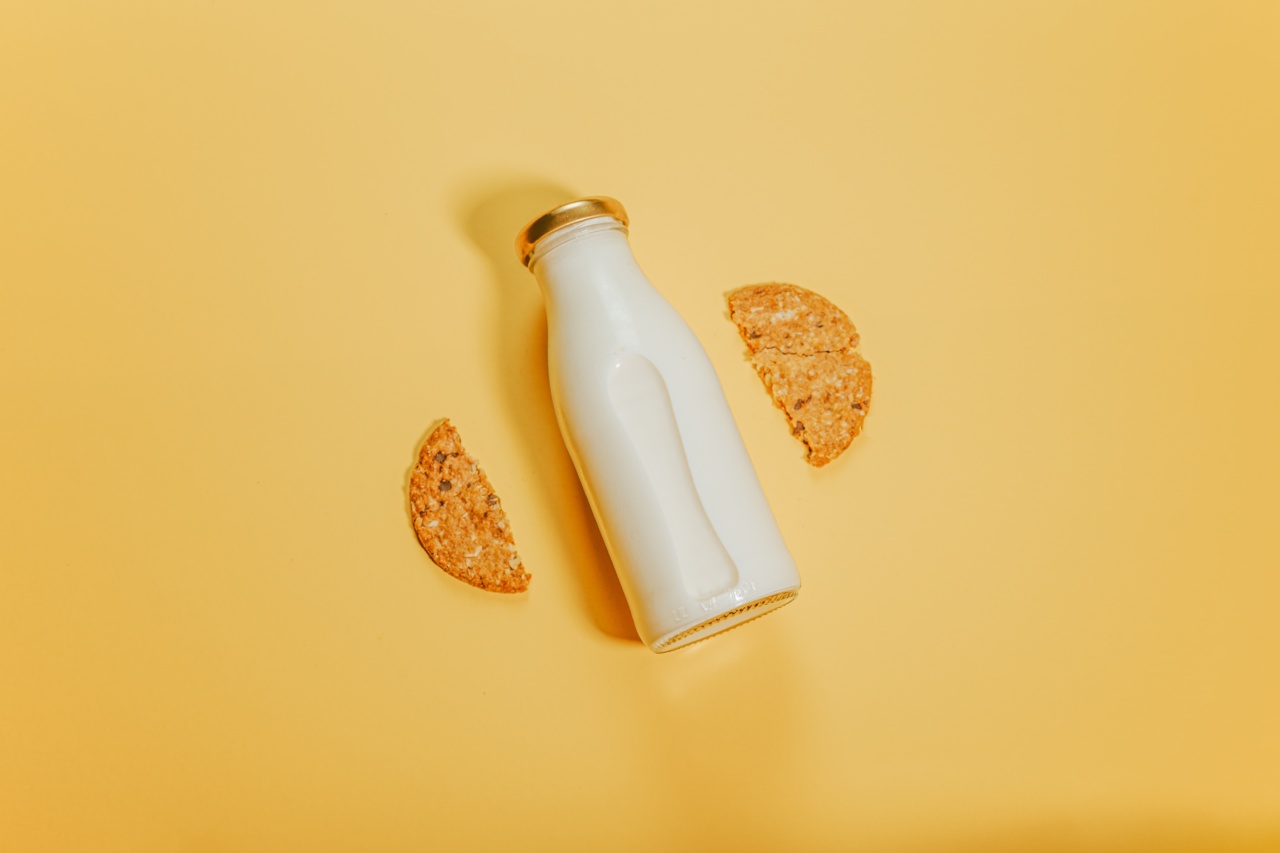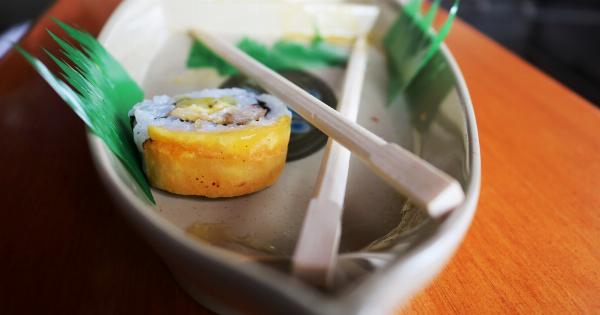Gastroenteritis and food poisoning are both conditions that affect the digestive system and present with similar symptoms. However, they have different causes and treatment protocols.
In this article, we will take a closer look at the differences between gastroenteritis and food poisoning.
Gastroenteritis
Gastroenteritis is a medical condition characterized by inflammation of the stomach and intestines. The inflammation can be caused by a virus, bacteria, or parasite, and it leads to symptoms such as nausea, vomiting, abdominal pain, and diarrhea.
Gastroenteritis can also lead to fever, headache, body ache, and dehydration.
Causes of Gastroenteritis
Gastroenteritis is caused by various pathogens such as:.
- Viruses – Norovirus and Rotavirus are the most common viruses that cause gastroenteritis.
- Bacteria – Bacteria such as Salmonella, E. coli, and Campylobacter are common causes of bacterial gastroenteritis.
- Parasites – Parasites such as Giardia, Cryptosporidium, and Entamoeba Histolytica can cause gastroenteritis.
Treatment of Gastroenteritis
The treatment protocol for gastroenteritis depends on the cause of the infection. In most cases, the virus or bacteria causing the infection will run its course without specific treatment.
However, a healthcare professional may prescribe anti-nausea medication and rehydration therapy to prevent dehydration.
Food Poisoning
Food poisoning is an illness caused by consuming food or drink contaminated with harmful bacteria, viruses, parasites or chemicals. The symptoms of food poisoning include vomiting, diarrhea, abdominal cramps, fever, and dehydration.
Food poisoning can occur when one eats food that has been improperly cooked, contaminated water or food that has been stored improperly.
Causes of Food Poisoning
The most common causes of food poisoning include:.
- Bacteria – Bacteria such as Salmonella, E. coli, Campylobacter, and Listeria can cause food poisoning.
- Viruses – Norovirus and Hepatitis A are the most common viruses that cause food poisoning.
- Parasites – Parasites such as Toxoplasma and Cryptosporidium can cause food poisoning.
- Chemicals – Chemicals such as pesticides, heavy metals, and natural toxins can cause food poisoning.
Treatment of Food Poisoning
The treatment protocol for food poisoning depends on the cause of the illness. In most cases, the symptoms will disappear after a few days. However, it is essential to drink plenty of fluids to prevent dehydration.
In severe cases, treatment may involve antibiotic or antiviral medications.
Differences between Gastroenteritis and Food Poisoning
The main differences between gastroenteritis and food poisoning are the causes and symptoms.
While both conditions affect the digestive system, gastroenteritis is caused by a virus, bacteria, or parasite that infects the digestive tract, while food poisoning is caused by ingesting contaminated food or drink.
The symptoms of gastroenteritis include nausea, vomiting, abdominal pain, and diarrhea, and dehydration. On the other hand, food poisoning symptoms include vomiting, diarrhea, abdominal cramps, fever, and dehydration.
Another significant difference between gastroenteritis and food poisoning is the duration of symptoms. Gastroenteritis usually lasts about 1-3 days, while food poisoning symptoms can persist for up to a week or more.
When to See a Doctor
If you have symptoms of either gastroenteritis or food poisoning, it is essential to stay hydrated and rest. In most cases, the symptoms will subside within a few days.
However, if your symptoms persist, or you notice blood in your stool, high fever, or signs of dehydration, it is crucial to seek medical attention immediately.
Preventing Gastroenteritis and Food Poisoning
The best way to prevent gastroenteritis and food poisoning is to practice good hygiene and food safety. The following steps can help prevent these conditions:.
- Clean your hands with soap and water regularly, especially before eating or handling food.
- Cook food at the recommended temperature to kill harmful bacteria.
- Store food at the correct temperature and use it within the recommended dates.
- Rinse fruits and vegetables thoroughly before eating them.
- Avoid eating food from street vendors or establishments that look unsanitary.
Conclusion
Gastroenteritis and food poisoning are two medical conditions that affect the digestive system. While they share some similar symptoms, they have different causes and treatment protocols.
It is essential to understand the differences between these conditions to receive appropriate medical attention and prevent further complications.

























